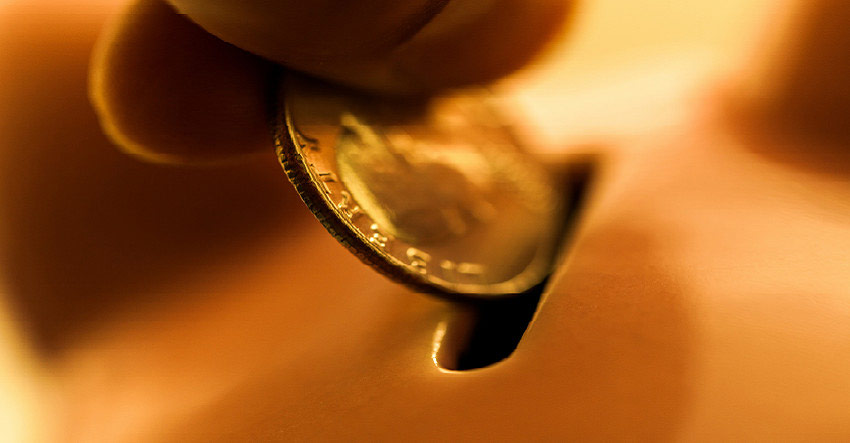What can I do with so much small change? This is what you should know about payments and deposits with coins.
It often happens. Without even realizing, we accumulate a lot of loose change that reaching a certain amount, we may want to use either to pay for something or to deposit in our bank account. But is there a limit? Can I pay or make deposits with as many coins as I want?
Something you should know is that there’s no legal obligation to accept more than 50 coins in each payment, except when deposits or payments are made into a public fund, that is, a fund that belongs to a public body or entity.
This is what banks argue not to accept payments or deposits over the counter that require counting a larger amount of coins, as it might delay in excess service to other customers. If the bank provides this service, they must give you a receipt showing the deposited amount. This receipt shall also mention that the deposit is subject to a subsequent recount, what happens in case of discrepancy with the coin counting, and when the deposit becomes effective.
However, certain professional sectors like, for instance, merchants or hotels who are likely to receive payments with significant amounts of coins, may demand special cash services, which consist in assisting, receiving, recounting, packaging and transforming the coins periodically received so they can be deposited in their accounts, as well as providing cash withdrawals in coins. Banks usually transfer these services to outsource companies, but should not ignore the incidents that may occur due to the outsource activity and must respond before their clients, according to what has been previously agreed.
Credit institutions may agree to charge what is known as a coin counting fee for frequently receiving and handling large amounts of coins. This fee will meet best banking practices as long as clear information on its existence and how it is calculated is provided.
To learn more about cash click hereAbre en ventana nueva



